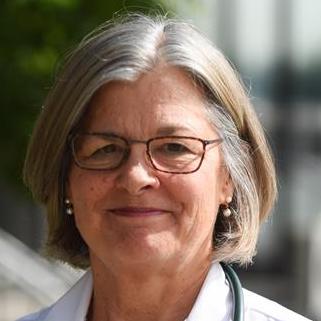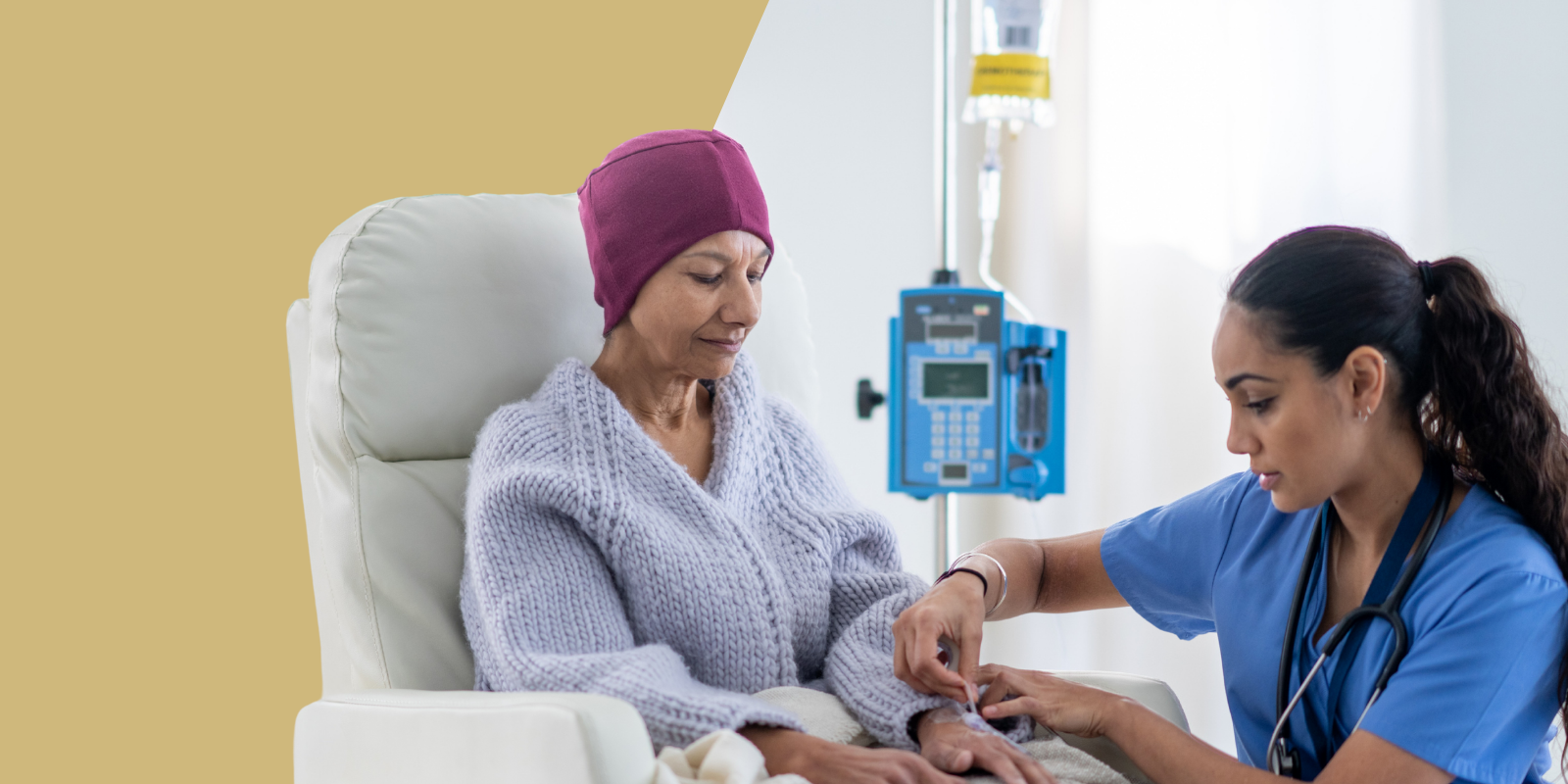Over the past several decades, doctors and researchers have gotten much better at detecting and treating cancer. A cancer diagnosis, however, is still often costly to treat, not to mention the physical and emotional toll that treatment can take.
The best way to avoid a diagnosis altogether? Stop cancer before it starts.
University of Colorado Cancer Center members are working on several projects around cancer prevention, including initiatives to help people to stop smoking, eat healthier, exercise more, protect themselves from the sun’s harmful rays, reduce exposures to carcinogens, and get vaccinated against viruses that cause cancer.
“Prevention is a vital and underutilized piece of the cancer puzzle,” says Jamie Studts, PhD, co-leader of the Cancer Prevention and Control Program. “Sometimes behavior change can be hard. But whether it’s changing your diet, increasing your physical activity, applying sunscreen, or reducing other kinds of risks and exposures, it’s the hard stuff that can be very effective.”
A national goal
The National Cancer Institute (NCI) agrees, making the prevention of cancer one of eight goals in its National Cancer Plan. Recently unveiled, the plan outlines goals designed to support the aims of President Joe Biden’s Cancer Moonshot initiative, which proposes to reduce cancer deaths in the U.S. by 50% over the next 25 years.
The NCI’s strategies for preventing cancer include:
- Investigating the causes of cancer and learning more about how precancers develop based on genetics, behavior, environment, and health history.
- Creating and testing ways to promote preventive behaviors to individuals and communities.
- Eliminating infections that lead to cancer.
- Creating vaccines that prevent cancer.
- Developing approaches to limit exposure to toxins.
- Increasing focus on clinical trials around cancer prevention.
Many of these strategies are already being implemented at the CU Cancer Center. For instance, an ongoing HPV Education and Patient Navigation Project at the Office of Community Outreach and Engagement (COE) is focused on helping parents of adolescents and young adults to make informed decisions about the human papillomavirus (HPV) vaccine. HPV is responsible for more than 90% of cervical cancers, which account for more than 14,000 new cancer diagnoses each year in the U.S.
The HPV Education and Patient Navigation Project was initiated in 2020 with support from the National Institutes of Health. COE researchers partnered with Denver Health to reach traditionally underserved communities within their broad clinic system.
Another project from the COE team includes attending 365 Health Fairs around Colorado to hand out free colon cancer screening kits (FIT kits) and radon tests so families can test their homes. After smoking, radon is the second leading cause of lung cancer deaths in the United States, claiming about 21,000 lives each year and more than 500 in Colorado, according to the Colorado Department of Public Health and Environment.
COE also is embarking on a new project in collaboration with Park County and a nine-county region in southeast Colorado that has high smoking prevalence to disseminate a novel smoking cessation program delivered via a smartphone app. The program includes education and cessation strategies for tobacco use and vaping and will be free to residents in these counties.
The role of genetics
Marie Wood, MD, medical director of the Cancer Clinical Trials Office, is gratified to see genetic testing on the list of the NCI’s cancer prevention strategies. Gene mutations that lead to breast and other cancers, including the BRCA1 and BRCA2 genes, can be passed from a parent to a child. According to the NCI, up to 10% of all cancers may be caused by inherited genetic changes.
“Testing our patients with cancer is really the first step,” Wood says. “Once you test a patient with cancer and you find a mutation, then you can test the rest of the family. At the CU Cancer Center we are looking at different models for testing that can improve access to genetic testing for patients with cancer.”
Implementation challenges
Perhaps the most difficult aspect of developing cancer prevention strategies, Studts says, is finding ways to implement them. That’s especially the case in medically underserved populations and those with low health literacy.
|
Learn about how the CU Cancer Center is helping in each of the eight goals of the National Cancer Institute’s National Cancer Plan aimed at changing how we know cancer today. |
“While we want to be invested in research to generate tools for risk reduction and early detection, we also want to be leveraging those we already have as effectively as we can,” he says. “That involves not only bringing them forward to communities, but doing so in an equitable manner. Whether it’s partnering with primary care to help them integrate certain strategies into routine practices or working with community organizations to help them integrate and disseminate tools and knowledge, we have to think of unique ways to partner with those communities and codesign efforts.
“It's not about persuading people to do it; it's giving them the opportunity to make informed choices,” Studts adds. “If someone makes a choice to engage or not engage in a particular behavior, that may be suboptimal in our opinion, but it's their individual choice. What is completely unacceptable, for me, is for people not to be aware of that opportunity to improve their health, or not to have access to that opportunity to improve their health.”





